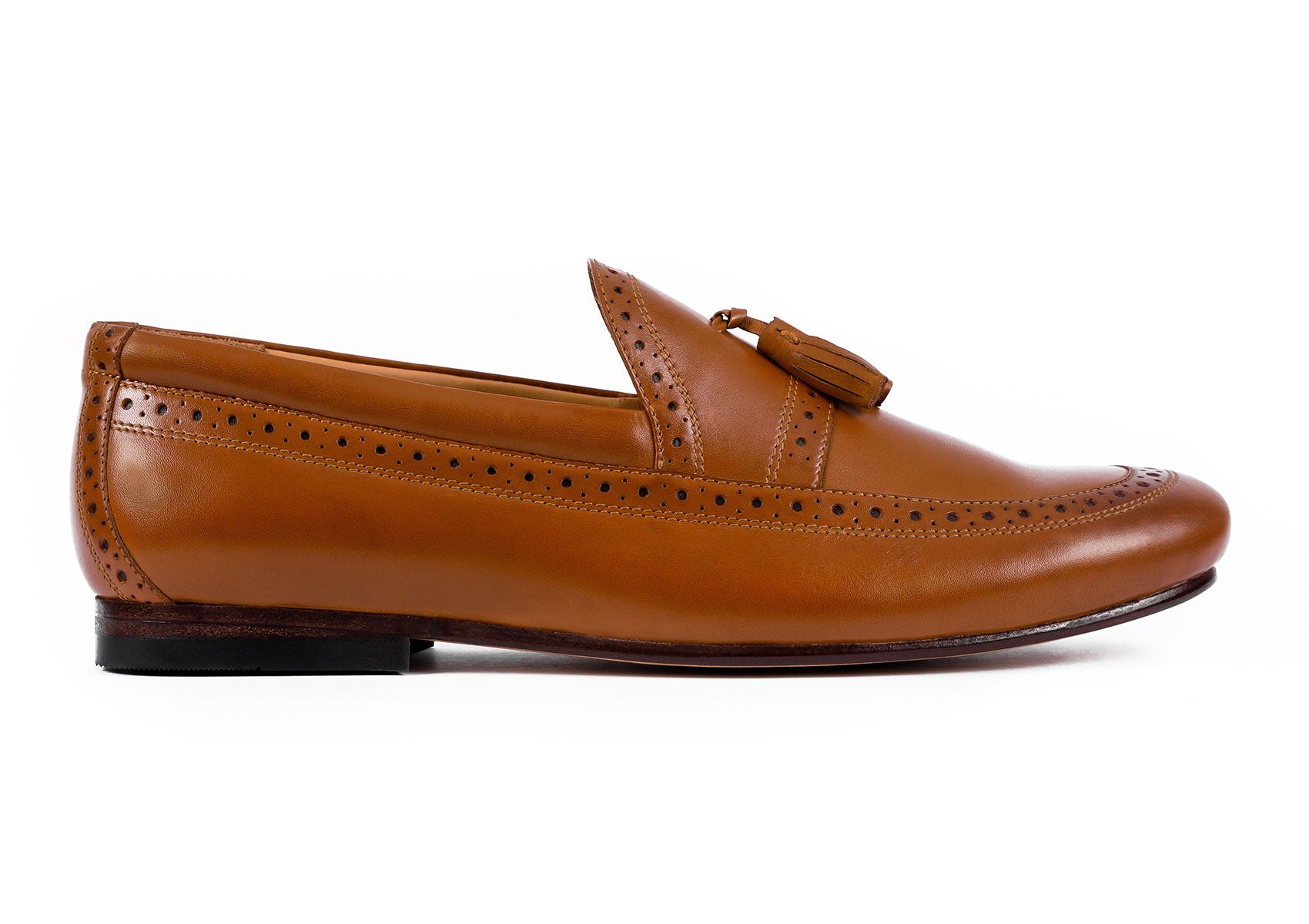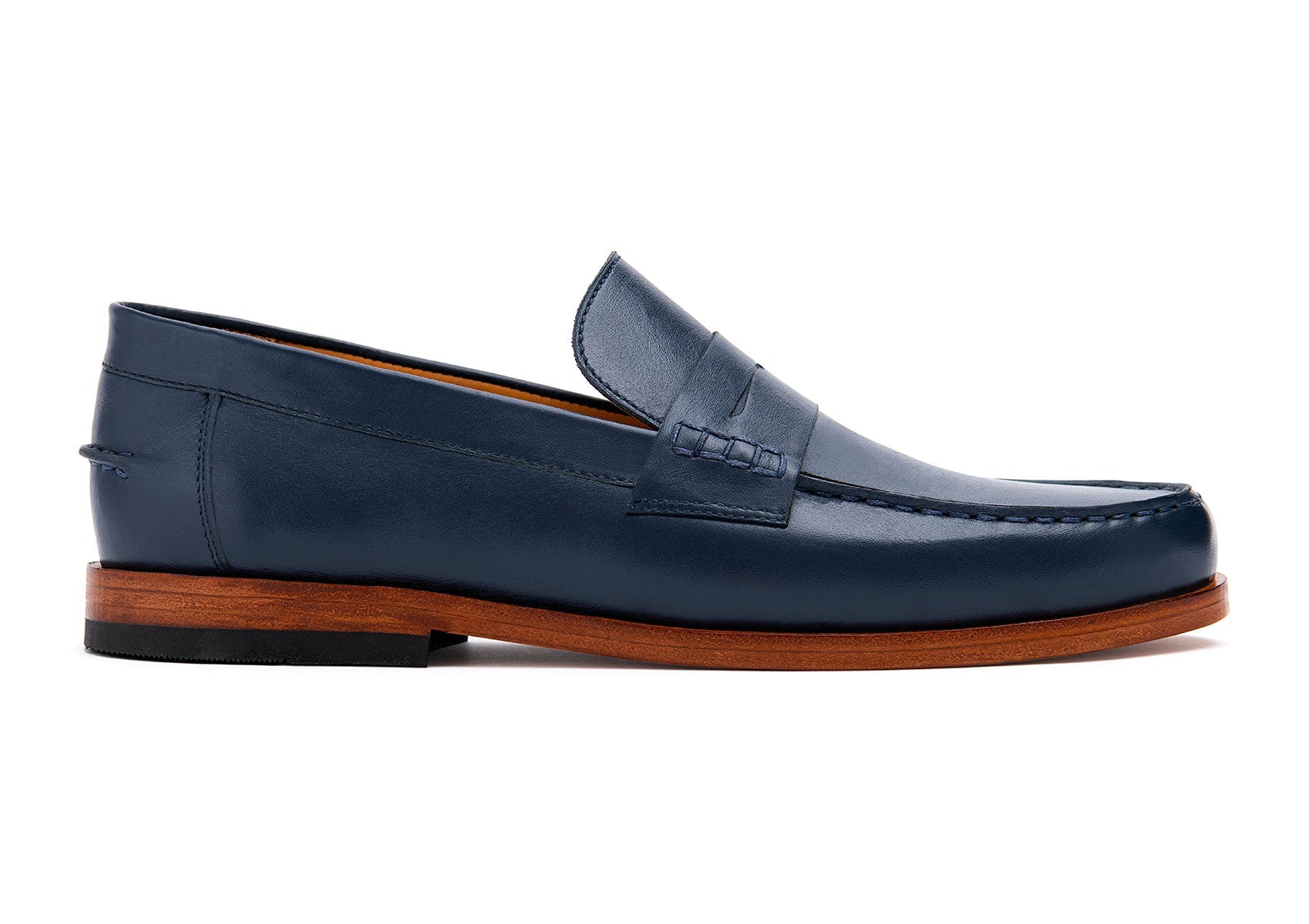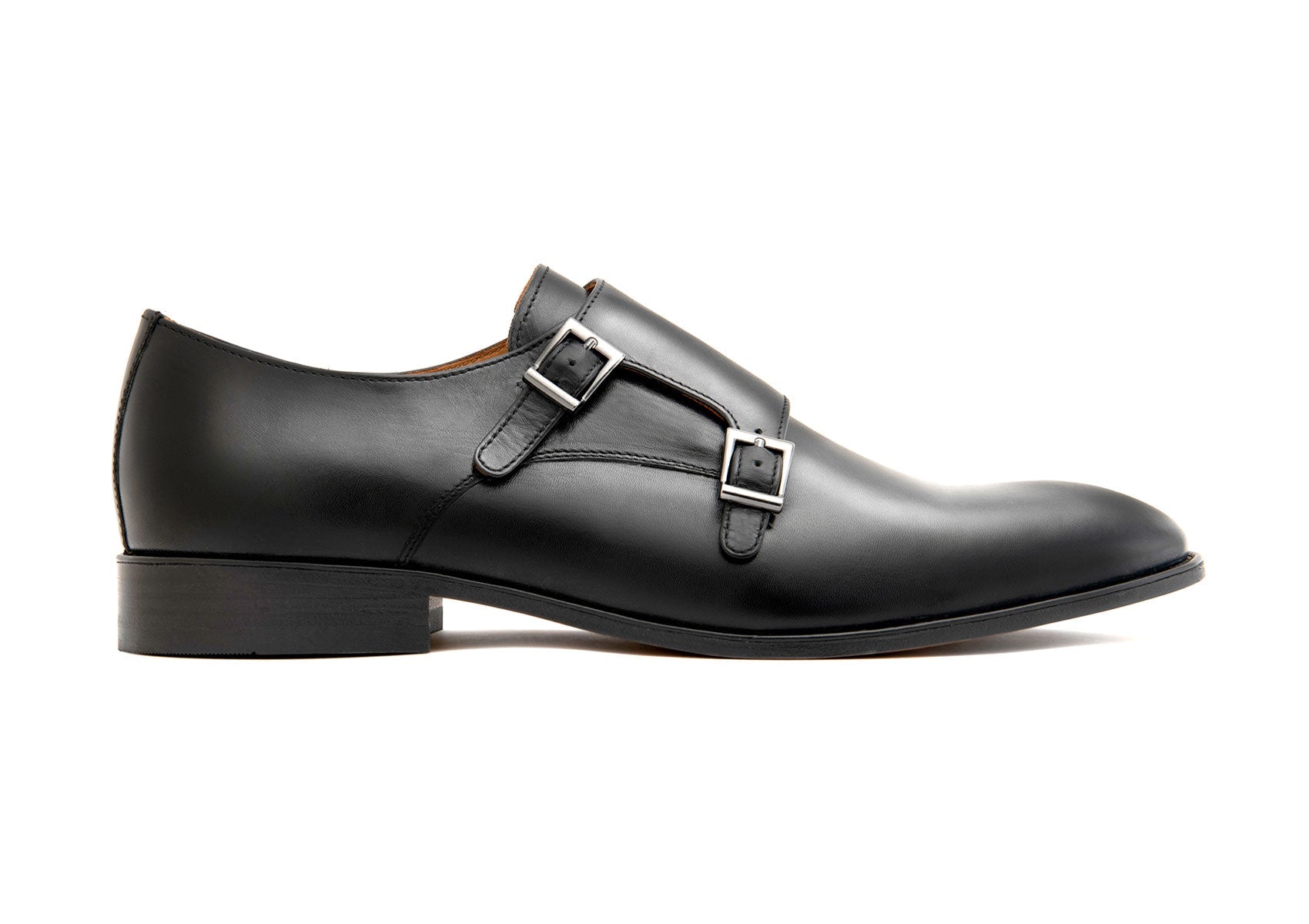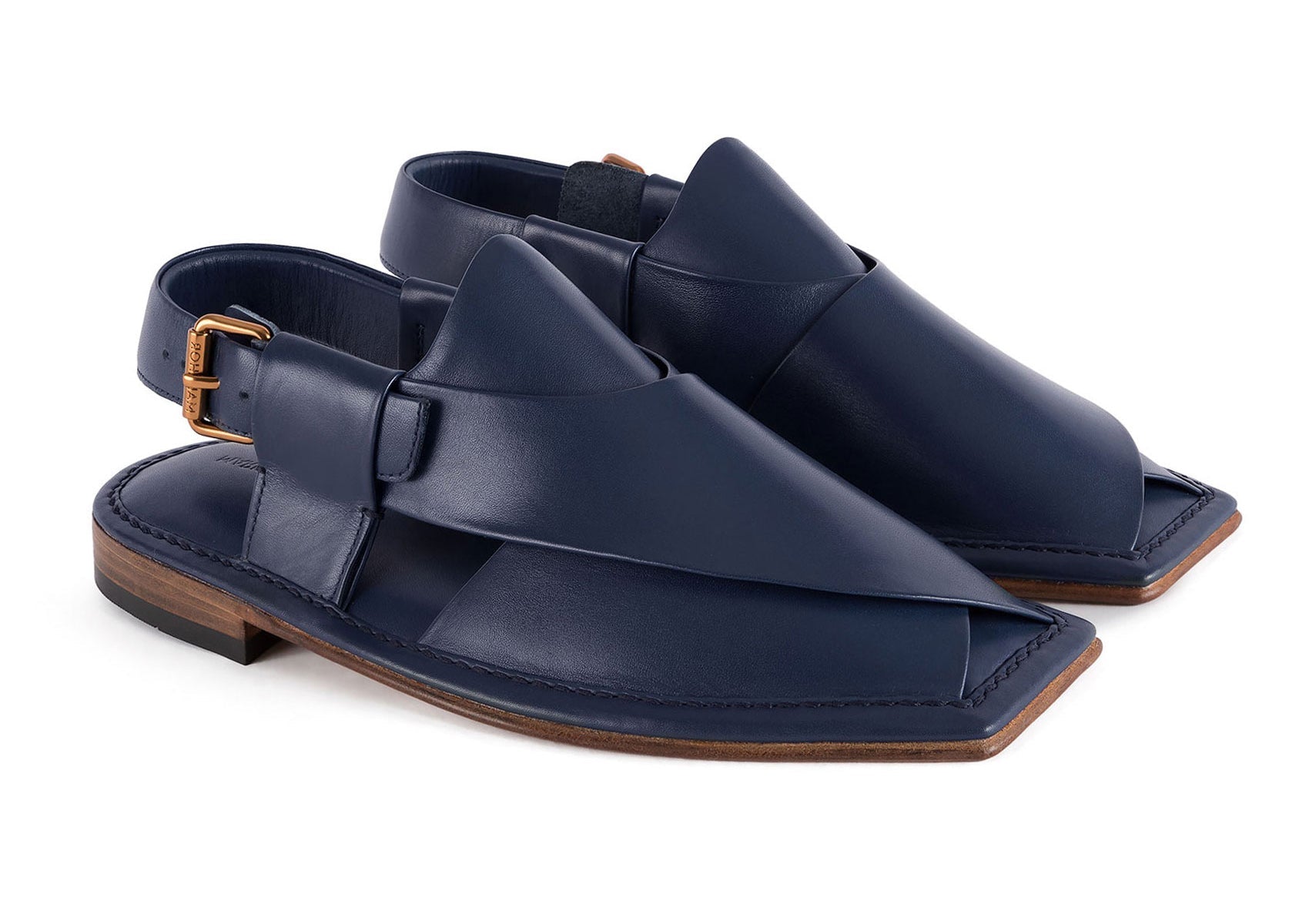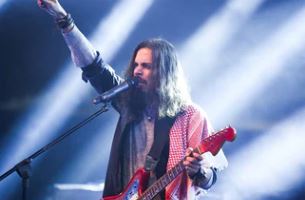Sufi Rock Artist — Ahmed Jillani
Sufism has a rich history in the Indo-Pak region dating back to the 11th century. Its fusion with other forms like folk is an old practice, deep rooted in history. Sufi music over the years has evolved into a number of different forms, with musicians experimenting with it in their own unique ways.
The wave of “Sufi Rock” began back in the 90s in Pakistan. Sufi music was fused with western melodies and instruments to bring this new genre to life, which was well received by the youth of the time.
In order to find out more about the intriguing genre, we had a chat with Ahmed Jillani, lead guitarist and vocalist of Badnaam, a Sufi Rock band from Lahore. Badnaam debuted in 2012 with their single, Alif Allah, but rose to fame in 2017 after finishing as runner’s up in Pepsi Battle of the Bands season 2.
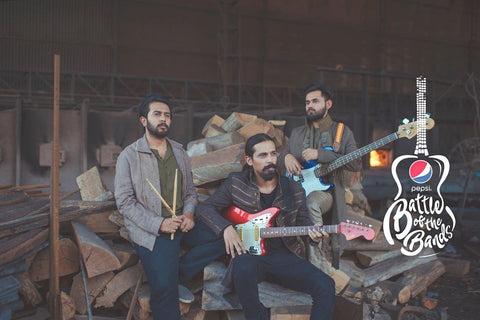

From left to right: Lala Ahsan (drummer), Ahmed Jillani (lead guitarist and vocalist) and Raheem Shahbaz Sunny (bassist)
-
How did you come up with the band name, “Badnaam”? Tell us a bit about how you all came together.
Badnaam means ‘notorious’ in Urdu. We wanted a name that was inspired by sufism itself. Hence, the name of the band is inspired by Baba Bulleh Shah’s couplet:
Lala Ahsan and I were part of the band from 2011. Later on in 2012, when Raheem Shahbaz joined in as bassist, Lala moved to drums.
-
How is Rock music much more powerful or unique than other genres?
It was Georg Hegel who said that “thoughts or concepts are essentially dependent and bounded by language”. Names are labels for the sake of our own identification. You can only experience the difference if you listen to the genre yourself.
Let’s take Pop music for example. Imagine the sound of something popping up. It's soft and subtle. Anything that pops up might go away after a while.
It’s not a coincidence Rock music is called ‘Rock’ music. There’s even a song by AC/DC called Hard as a Rock. Rock music is powerful because it is not supposed to be anything else but powerful. As far as the question about it being unique, I believe that it is just one form or genre of music. Everything is unique in its own way. Some people may find EDM unique, others find Rock or any other genre to be unique. So I think it is kind of relative.
-
Rock music is a western music style whereas Sufism is an idea with religious connotations. How do you link the contrasting characteristics of Rock (bold / loud) and Sufism (soft / humble) together? (through your expression, attire, singing style, etc)
"The 90s generation was exposed to these different genres so naturally that it was imperative for a new style of music to emerge."
I also believe that this combination of Rock and Eastern music was not forced. These genres naturally became a part of us and by the time we began making our own music, it had elements from all the genres that influenced us. Having said that, I personally don’t bother much about how one labels it. Some may call it Sufi Rock, others something else. As musicians, our idea is to just express ourselves through music. For listeners, it may look like a unique blend of two varying styles. But for us, it’s quite natural. We’re just expressing who we’ve become.
-
Musicians make use of different emotions like anger, sorrow, and love to write music. What emotions define your writing style when you’re working on lyrics?
Music to me doesn’t happen in a particular way and in a particular setting, where I have to sit down and think about all these different emotions. It’s something that comes to me. Sometimes when I am on a drive, an idea hits me and I immediately record it there and then on my phone. Of course emotions like anger, sorrow and love are a part of my songs but subconsciously, not intentionally.
-
Pablo Picasso said that artists don’t evolve, they only vary their manner of thinking. How has your relationship to music changed over the years?
I do agree to this. The core of an artist is his expression. With age & maturity, his style of music may differ but the spirit of his expression remains intact. No matter how life evolves around him, an artist remains true to himself. He can go about varying his approach but changing into a different self will eventually affect his art.
One reason why my relationship with my music has only grown stronger is because I have this persistent need to be expressive. The more I grow older, the more I want to express myself. The need to project one’s true self is important for an artist. That results in more art, which in my case is music.

-
You once said that “It is most important for me as a musician to propagate the message of Sufi saints amongst the audience through music.” Are you still following this as your ideal motive?
Definitely. This is the reason why I got into music professionally. This ambition is what motivates me to keep moving forward and make more music. Of course as a musician, you’re engaged into a lot of different types of content. But at the end of the day, I want the youth to be acquainted with the message of our Sufi saints. It’s a very important message and needs to be communicated.
It's kind of rare for today’s youth to go about exploring the Sufi thought in books and literature. So I think it’s a good idea for them to get them to know about it this way, through Rock or grunge music.
-
Your song ‘Ishq mein tere’ revolves around the idea of sufism and divine love, while ‘De Khudaya’ talks about social reform and rebellion. Can you talk a bit about these?
The kind of music my band and I make is a form of who we are as people. It’s an honest expression of our thoughts and beliefs. I think that as an artist you can easily talk about pole opposite topics side by side.
In 2007-08, I went to the Neelum Valley in Azad Jammu Kashmir. While I was in the cradle of raw nature amongst the mountains and streams, it struck me that “this place is astonishingly beautiful”. But the One who is the Creator of this and other such magnificent places that I don’t know about, how glorious would He be? The One who has created all this beauty. This thought stayed in my mind for a long time and eventually became the inspiration for Ishq Mein Tere, in which I expressed my love for the One.
Deh Khudaya is actually a poem written by Dr. Allama Iqbal and I believe it’s expression is absolutely true. A laborer is reminding the landlord about all the hardships he goes through in making the end product. But why does the laborer have to suffer to make both ends meet? This is the argument in our song, Deh Khudaya.
-
What are your thoughts on divinity?
I’m a simple guy. I believe that if you delve into questions like ‘What is divinity? Where does it lie?’ These questions need a lifetime to be answered. I’d rather focus on little things I can eventually mend. We want to know about divinity probably because we need answers and answers to the unknown bring peace. But what I personally do to be at peace is to make sure I’m honest with myself & make the right effort to find the truth. The struggles and efforts you put into finding the answers are more important than the answers themselves.

-
You seem to be very vocal on political & social issues on your social media. Do you think it’s necessary for artists to maintain a political opinion in times like these?
I define artists as people who have a purpose beyond their personal self. Like a comedian’s job is to make others laugh, and a painter weaves a plethora of colours onto a canvas that people may look at and admire for a lifetime. The purpose of art is to remind the audience to be more empathic. If man has been deemed as the finest creation, he has to act like it too.
It's important to speak against oppression. We have to support one another. If I don't express my dissent over oppression faced by someone else, I shouldn’t expect people to stand by my side when I am oppressed. Silence is not the answer anymore. Especially in times like today when you have so many sources to be expressive about your opinions.
-
Kurt Cobain said “It's better to burn out than to fade away.” Many artists incline towards extreme measures to keep themselves from fading away. What’s your take on this?
We better get Kurt Cobain to explain this for us. This is quite an argument! *laughs*
I know where you’re coming from but I perceive it in a different way. If you look at it, the outcome of both the burning out and the fading away is the same, right? No one is going to live forever. So I take it as a push to do more, especially the things you love. Give your best shot rather than waiting for things to happen. Whatever you’re doing, whether it's art or a white collar job, even if you don’t make it, you’ll still have grown in the process. And that’s what matters.
-
What does success look like to you as a young artist?
Success and achievements go side by side, don’t they? Someone once asked me how I define my biggest achievements. I told him they’re like my child. Success to me is like raising a family and bringing a smile on your child’s face.

